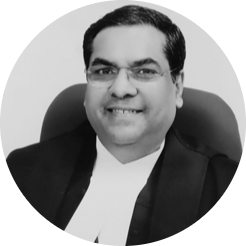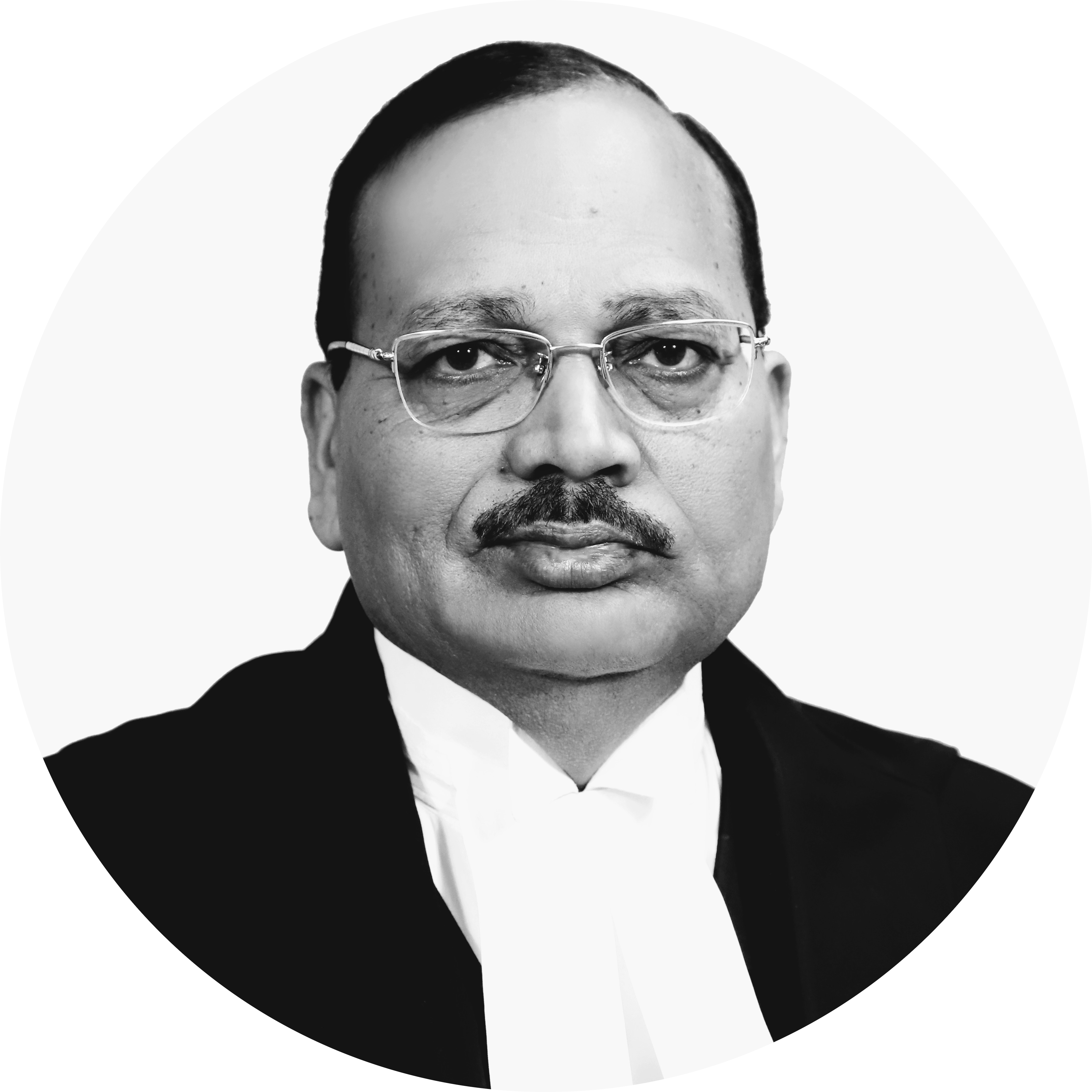Revising Fee Scale For Arbitrators
Oil And Natural Gas Corporation v Afcons Gunanusa JV
The Supreme Court decided that party autonomy is paramount in arbitrations. Arbitrators, therefore, cannot decide their fees unilaterally.
Decided
Parties
Petitioner: Oil And Natural Gas Corporation
Lawyers: Mr. K.K. Venugopal (AG); Mr. Abhishek Gupta (Adv.); Mr. Gunnam Venkateswara Rao (AOR); Mr. Tushar Mehta, (SG); Mr. S.B. Upadhyay, (Sr. Adv.); Mr. Rameshwar Prasad Goyal, (AOR);
Respondent: Afcons Gunanusa JV
Lawyers: Mr. Abhishek Manu Singhvi, (Sr. Adv.); Mr. Anish Dayal, (Sr. Adv.); Mr. Abhishek Birthray, (Adv.) Mr. P.V. Yogeswaran, (AOR)
Case Details
Case Number: Petition for Arbitration (Civil) No.5/2022
Next Hearing:
Last Updated: May 26, 2023
TAGS: Arbitration
Key Issues
Can arbitrators unilaterally hike their fee during the arbitration process?
Should claims and counterclaims be considered jointly to determine the sum in dispute?
Does the ₹30 lakh limit on fee under the Fourth Schedule apply to the entire fee or the variable component?
What process must the arbitrators follow to increase a pre-decided fee?
Case Description
In 2015, Oil And Natural Gas Corporation Ltd. (ONGC) and Afcons Gunanusa commenced arbitration proceedings. The parties were in dispute over an agreement from 2009 for a joint construction project which was completed in 2012. The agreement stipulated that if the claim and counterclaim amounts were over ₹10 crore, each arbitrator’s fee would be fixed at ₹10 lakh for the entire arbitration period. Further, only arbitrators who agreed to this stipulation would be appointed to the proceedings. In 2015, the parties appointed one High Court Judge and two Supreme Court Judges as arbitrators.
The arbitrators sought a revised fee structure in the very first arbitration proceeding. In 2016, they demanded that the fees be fixed as per the Fourth Schedule of the Arbitration and Conciliation Act, 1996 (the Arbitration Act). According to the Fourth Schedule, they were entitled to receive ₹12,37,500 and 0.75% of the claim amount if it exceeded ₹1 crore. This was higher than the ₹10 lakh fee that was originally agreed to. In August 2016, both parties agreed to increase the fee as per the Arbitration Act.
In May 2018, the arbitrators revised the fee again. Stating that the dispute was complex and required a substantial amount of time, they imposed a fee of ₹1.5 lakhs per sitting, per arbitrator. Each sitting would last three hours.
ONGC demanded that the arbitral tribunal reconsider the revised fee. The arbitral tribunal temporarily permitted ONGC to refrain from paying the revised fee. However, in 2019, the tribunal imposed a retrospective fee of ₹1 lakh per arbitrator per sitting—the parties would have to pay for the 2018 proceedings at this rate as well.
ONGC refused and approached the Bombay High Court seeking the constitution of a new arbitral tribunal. They relied on Section 14 and 15 of the Arbitration Act, which stipulates conditions for termination of an arbitrator’s mandate. Following ONGC’s refusal to pay, the panel of arbitrators recused themselves from the proceedings. Retired Justice Dharmadhikari, the presiding arbitrator of the panel, wrote a letter to the Chief Justice of India regarding the embarrassment faced by his co-panelists.
The Bombay High Court dismissed ONGC’s petition in 2021, following which ONGC approached the SC.
CJI Ramana constituted a special Bench consisting of Justices D.Y. Chandrachud, Sanjiv Khanna, and Surya Kant to review the pay scale under the Arbitration Act. Three other cases where the Court is interpreting the Fourth Schedule of the Arbitration Act have been tagged with ONGC v Afcons.
ONGC argued that the fee charged exceeds the fee in the agreement between ONGC and Afcons Gunanusa. The increased fee demanded by the arbitrators far exceeds the amount stipulated under the Fourth Schedule of the Arbitration Act. The Attorney General K.K. Venugopal, for ONGC, argued that Public Sector Undertakings (PSU) are under severe scrutiny from the Comptroller and Auditor General of India—they cannot justify exorbitant spending on arbitrations. Lamenting that unlike private companies, who have the luxury of paying a high fee, ONGC argued that it will suffer from bias for refusing to comply with the arbitrators’ demands.
Dr. Abhishek Manu Singhvi, appearing for Afcons, pointed out that the cap for arbitrator’s fees under the Fourth Schedule was ₹30 lakhs. If the arbitration proceedings take place across 100 sittings, then the fees payable per arbitrator per sitting would only be ₹30,000. In the present case, 50 sittings have already been completed with a resolution being nowhere in sight. Singhvi contended that such a nominal fee would be inadequate for retired Judges.
After seven days of hearings, the Bench reserved judgment on May 11th 2022. The Bench will decide whether claim and counterclaim must be considered together when determining the sum in dispute, affecting the fee structure that will be applied from the Fourth Schedule. Further, they will decide whether a ₹30 lakh ceiling will be imposed on the fees for arbitrators. This will be decided based on the interpretation of a comma in the Schedule. The SC will determine the process for re-negotiation of fee by the arbitrators.



